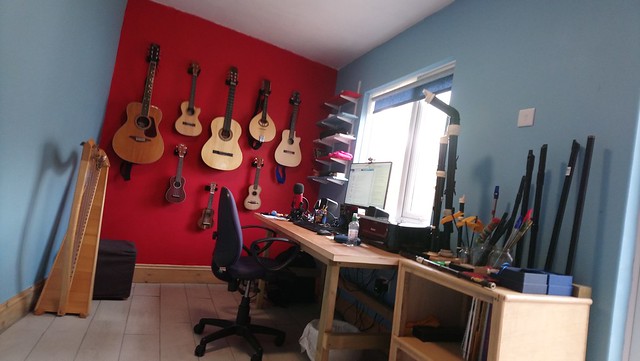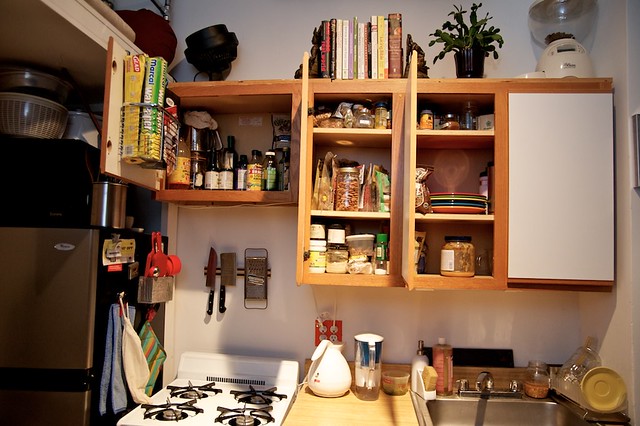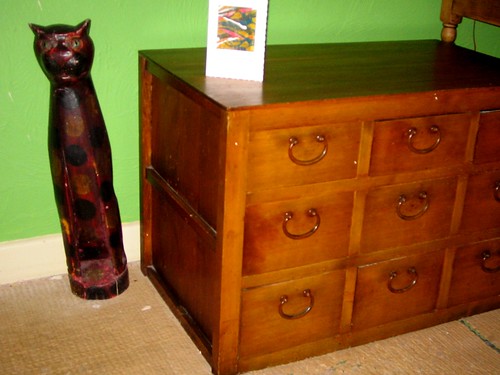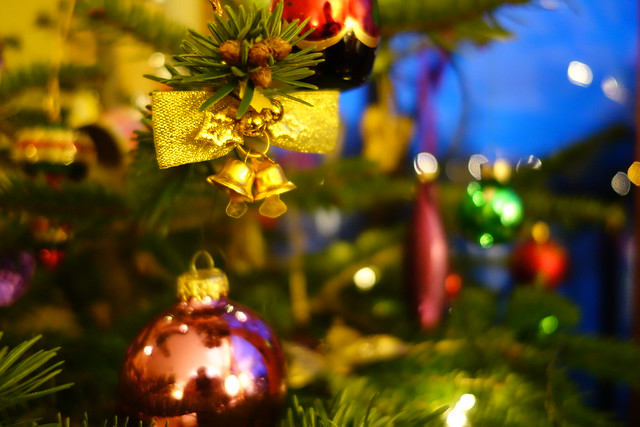One of the Finnish words that I learnt recently and really like is hymy [ˈhymy] which means smile. Apparently it is imitative of the short humming sound associated with smiling. In fact, it’s difficult to say without smiling [source].
Related words include:
- hymytä = to smile
- hymyillä = to smile, beam, smirk, grin
- hymyilyttää = to make someone smile, to amuse, to feel like smiling
- hymähtää [ˈhymæht̪æː(ʔ)] = to smile shortly, especially with a short “hm” sound; to scorn, often with ivallisesti (mockingly), to raise a corner of the upper lip slightly, especially in scorn, to sneer
- hymykuoppa = dimple
- hymiö [ˈhymiø̞] = emoticon, smiley 🙂
- hyminä [ˈhyminæ] = a hum
- hymistä [ˈhymis̠tæ(ʔ)] = to hum
- hymistellä [ˈhymis̠ˌte̞lːæ(ʔ)] = to hum, to praise
Is hymähtää a particularly Finnish way of smiling?
Are there any other languages in which the words smile and hum are connected?
Incidentally, the English word smile comes from Middle English smilen (to smile), from Old Norse *smíla (to smile), from Proto-Germanic *smīlijaną (to smile), from Proto-Indo-European *smey- (to laugh, be glad, wonder) [source].
In Old English a word for to smile was smearcian, which comes from Proto-Germanic *smarōną (to mock, scoff at, deride), which possibly comes from *smīlijaną (to smile), from Proto-Indo-European *smey- (to laugh, etc) [source].
English words from the same root include smirk, smear, admire, marvel, miracle, and the name Miranda [source].












